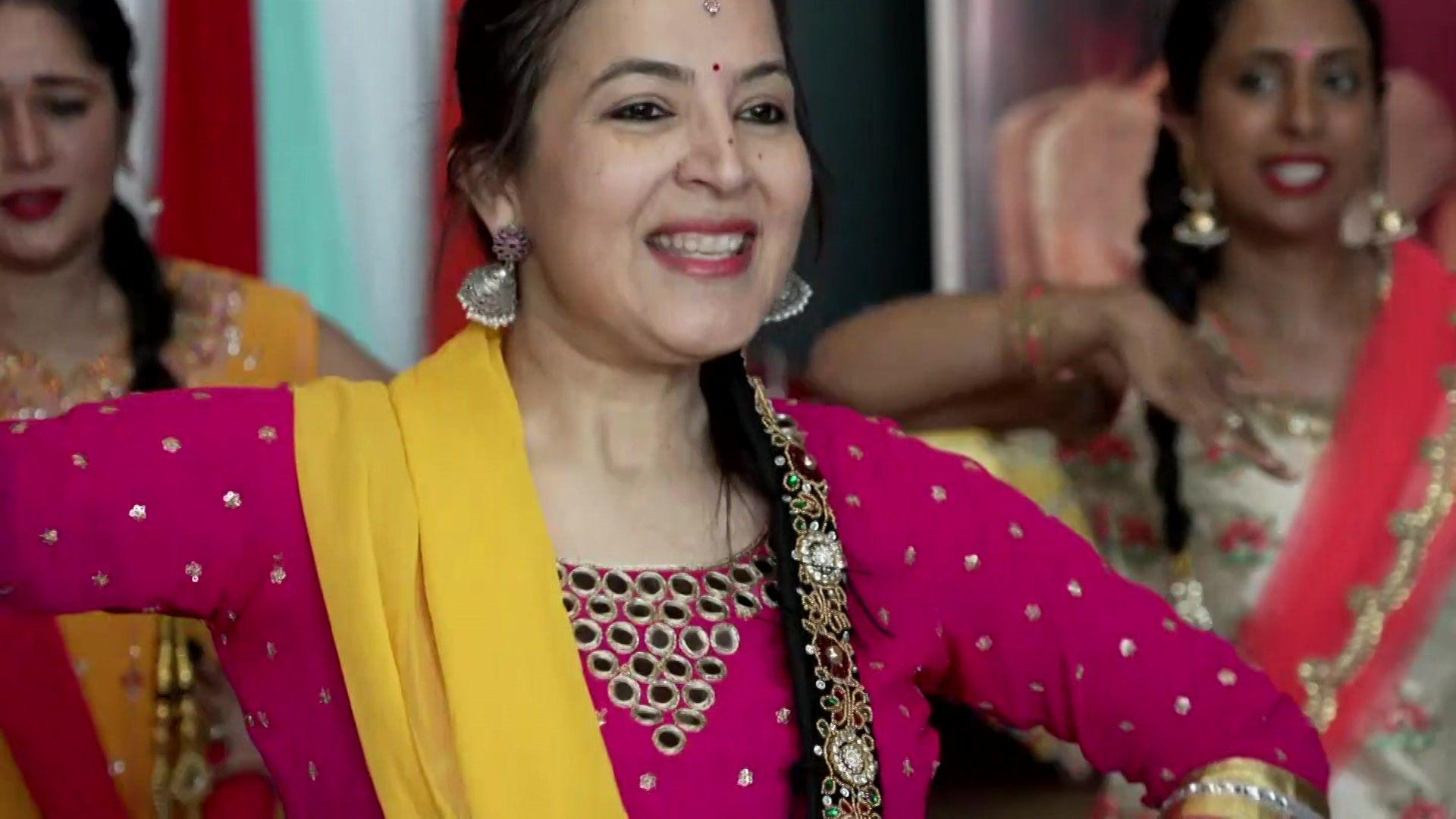'It's sad to see the ugly side of racism rising up again'
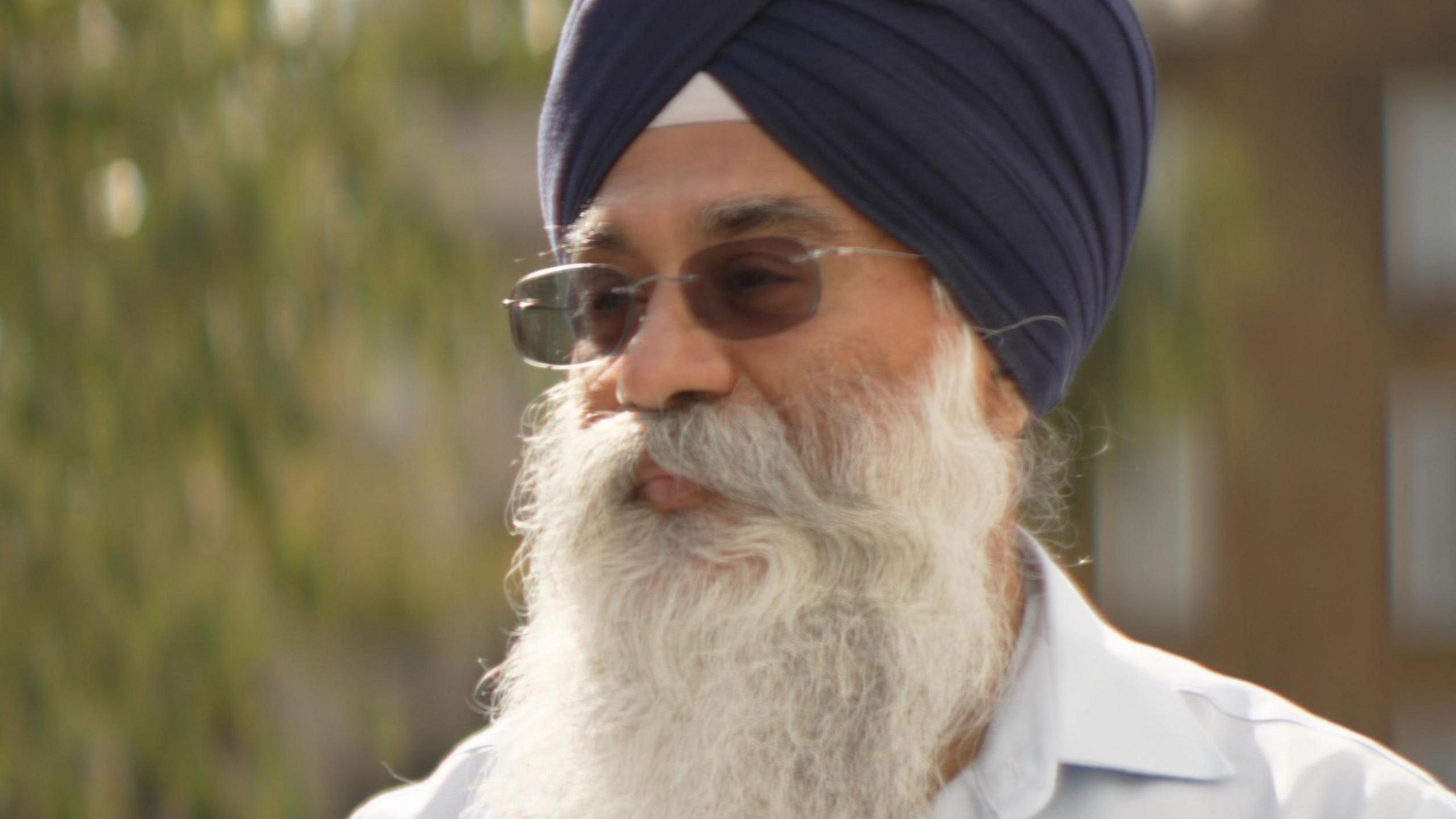
Mandip Singh says there is a climate of fear among British Sikhs
- Published
"It's not just about being Sikh. It's about being brown. People don't distinguish between Sikhs, Muslims, Hindus."
Mandip Singh is a trustee of Britain's oldest Sikh temple, the Khalsa Jatha Gurdwara at Shepherd's Bush in west London.
He says people from his community are feeling increasingly anxious due to the political climate, events such as the Unite the Kingdom march and recent racially motivated attacks.
"It feels like the 1970s again. I remember the National Front. The difference now is social media is amplifying hate."
This temple is expecting to spend £40,000 a year on security and is now calling for gurdwaras to receive the same government grant that mosques and synagogues already receive.
Founded in 1913, this gurdwara is not only the oldest in the UK but also in western Europe.
Through his work as a trustee, Mandip is in contact with 90 gurdwaras across the country in addition to his close links with the Sikh community across the capital.
Security has been stepped up here with CCTV, iron gates, and a full-time security guard, all entirely funded by donations.
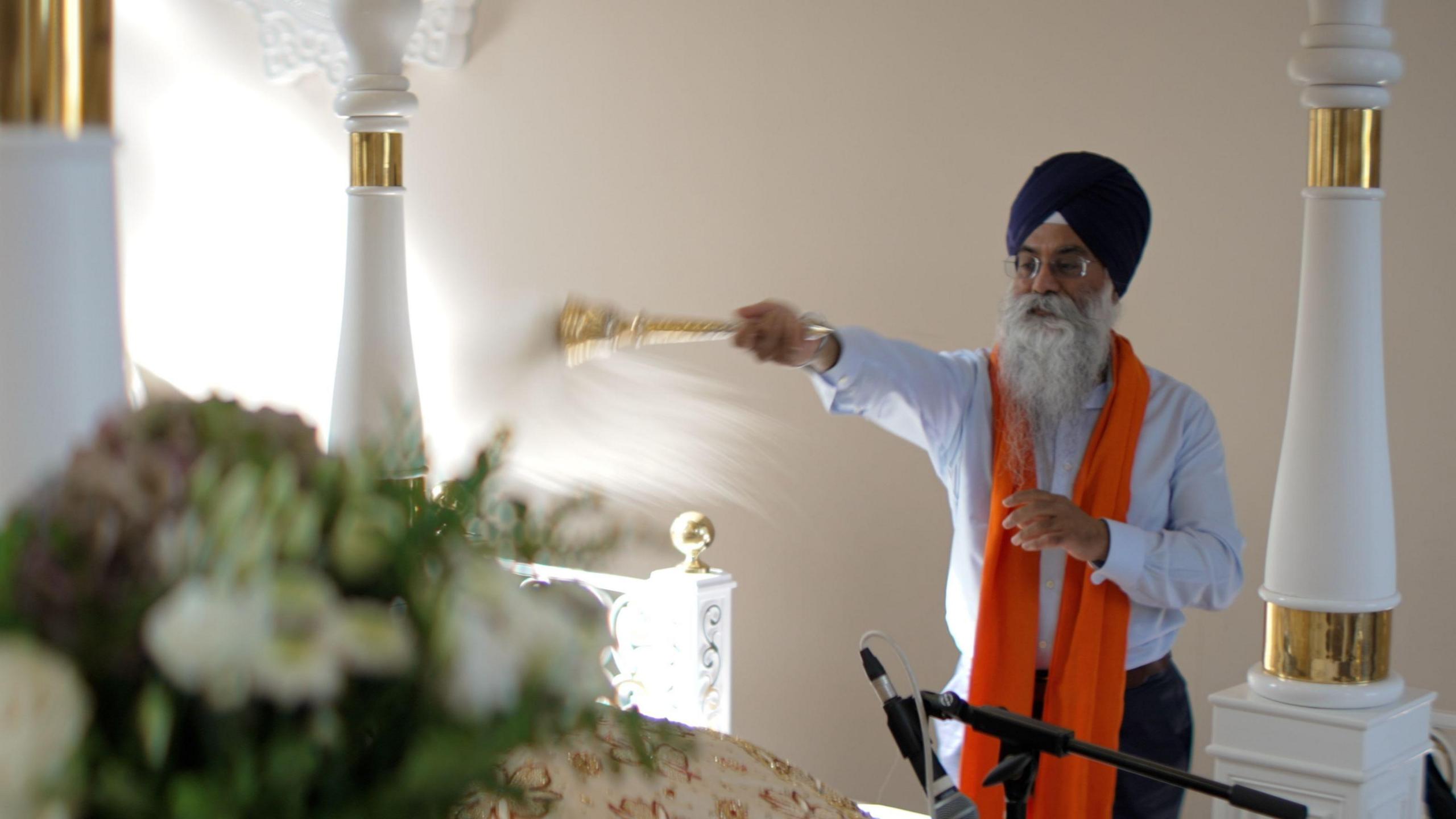
"Mosques and synagogues receive grants for security - gurdwaras should too"
Mandip said there was a "general fear" in the UK, with a volatile political climate, marches and protests and "generally the more right-wing message coming through which has got racist overtones. It is concerning".
He references the rape of a Sikh woman in Oldbury on 9 September, an attack on two Sikh taxi drivers in Wolverhampton and an incident where a nine-year-old girl was shot with an air gun in Bristol as well as protests outside migrant hotels.
"These things are leading to an atmosphere of fear," he said.
"We have to start taking precautions and we have to start telling our congregations to be more vigilant."
There were more than 21,054 hate crimes recorded in London the year to the end of August, according to Met Police figures.
While that is actually a fall of 17.4% on the previous 12 months, the data for June, July and August this year showed there was an above average increase in incidents, with more than 2,000 hate crimes in each of those three months.
Transport for London figures show hate crime reports on the Elizabeth line rose nearly 50% last year, with a 28% increase across the wider network.
More than 2,000 incidents were recorded in each of the summer months this year.
At the moment, Sikh temples across the country are doing the same as the Khalsa Jatha Gurdwara - diverting donations normally earmarked for community services to bolster security instead.
"Mosques and synagogues receive grants for security," he said.
"Gurdwaras should too."
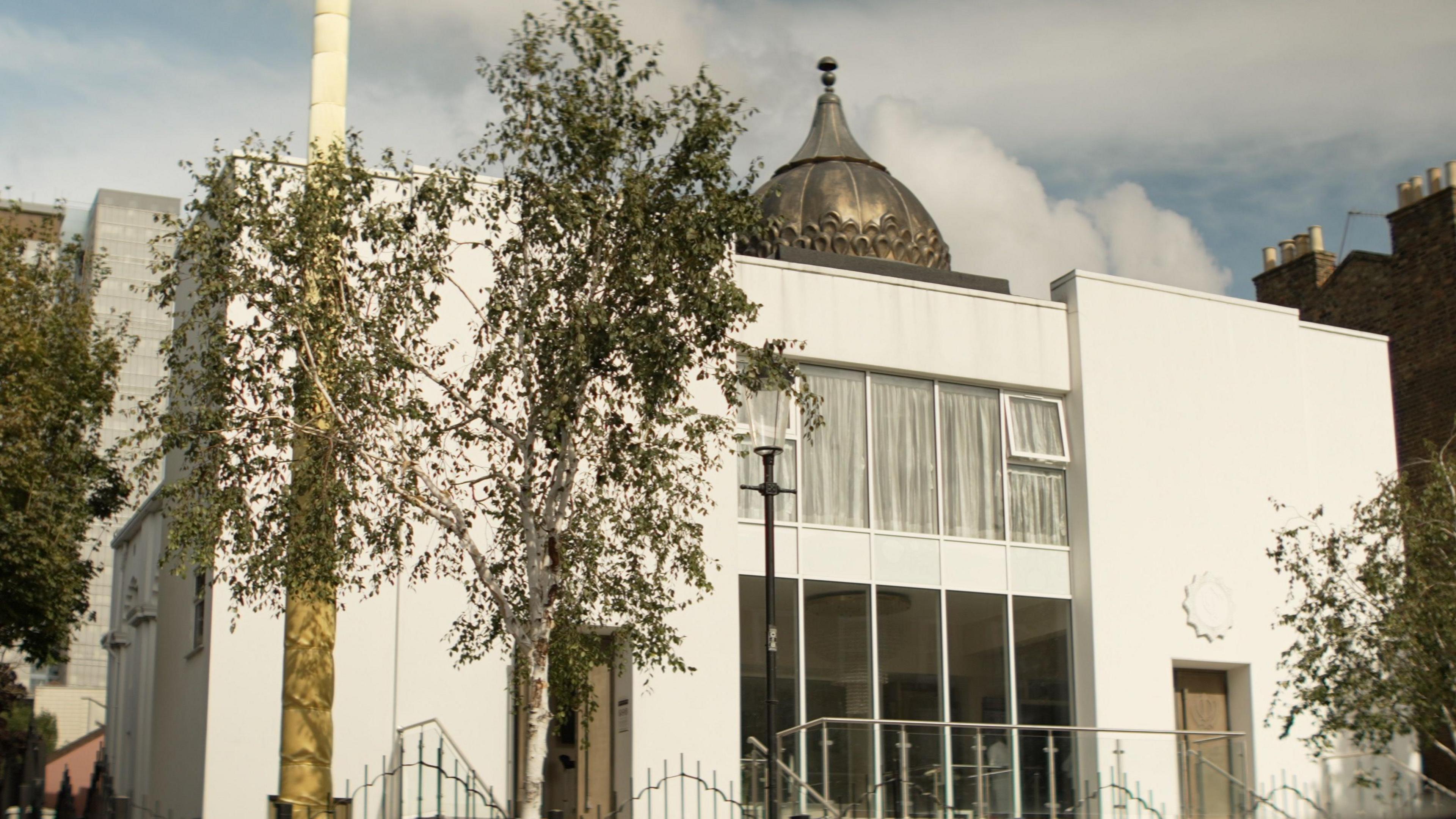
The temple says it's expecting to spend about £40,000 a year on security
Gurpreet Singh Anand is the chair of the Khalsa Jatha Gurdwara.
"Regrettably, Home Office funding for gurdwaras falls short compared to the support available to mosques and synagogues, which benefit from dedicated funding pots with a broader scope for use," he said.
"For example, the Khalsa Jatha Gurdwara expects to spend over £40,000 this year on security personnel - costs that must be met from charitable funds.
"By contrast, equivalent security expenses for mosques and synagogues are covered by the Home Office. Why this disparity?
"Gurdwaras, too, face significant security challenges and are often mistakenly targeted as mosques."
Funding is available via the Places of Worship Protective Security Scheme but it cannot be used to pay for security staff and is also open to all other faiths.
A Home Office spokesperson said: "It is paramount every community feels safe, especially in places of worship, which is why gurdwaras and associated Sikh community sites can apply for the government's Places of Worship Protective Security Scheme.
"As well as providing protective security funding for faith communities, the government is giving police more powers to better protect places of worship from intimidatory protests."
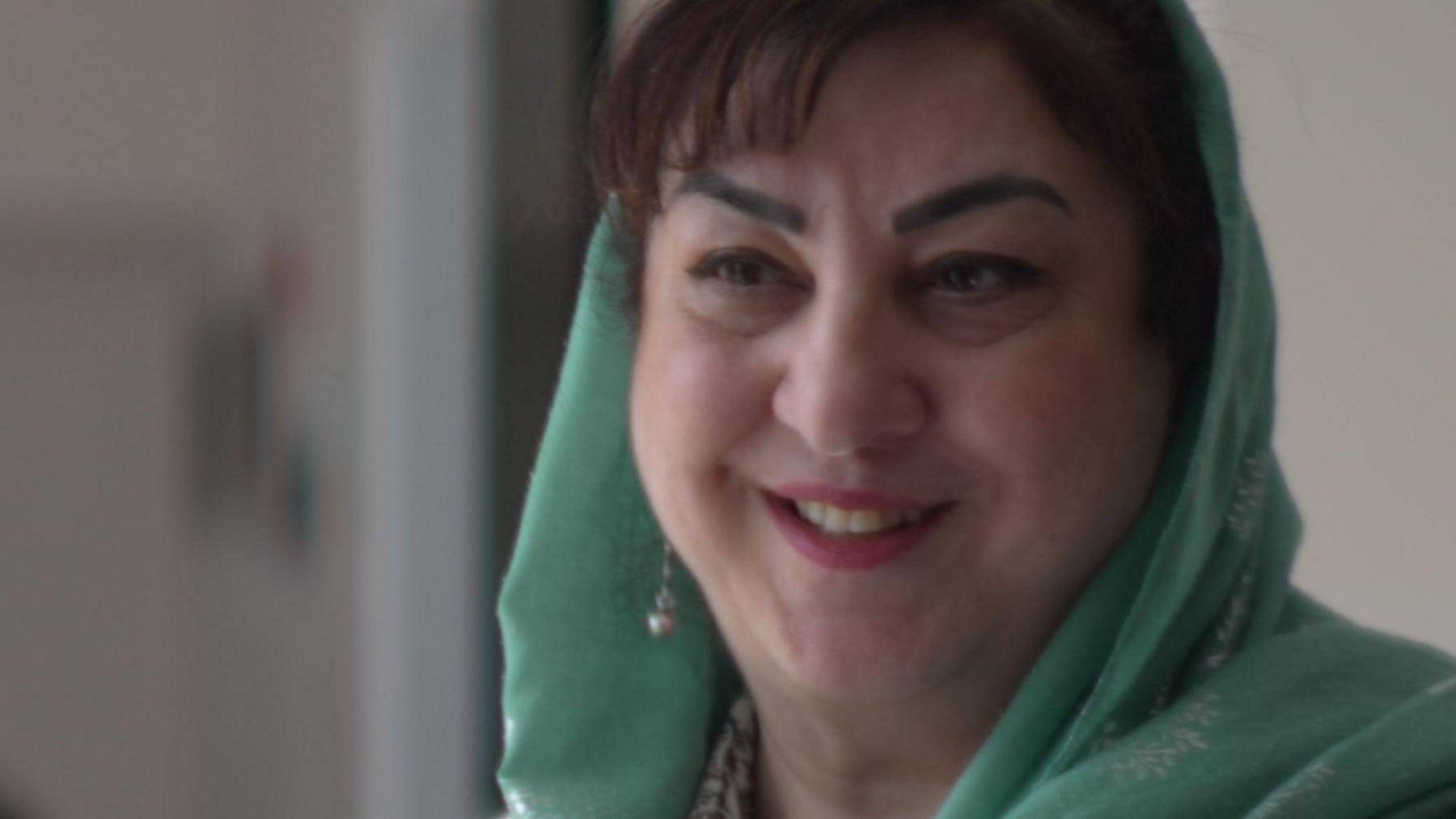
Ravi Bakshi is a volunteer at the Khalsa Jatha Gurdwara in London
Ravi Bakshi, a volunteer at the gurdwara, says racist abuse has been a lifelong experience.
She said: "I've heard, 'Go back to your country' all my life. But I was born here. I'm proud to be British and Sikh - how do you justify that kind of hate?"
Bhupinder Singh Bhasin, has been coming to the gurdwara since he was a child.
"As someone who's born and brought up in in the UK, I do remember a time during the 70s and 80s when racism was rife," he said.
"Living here for all these years I thought we'd overcome a lot of the issues in society, so it's sad to see the ugly side of racism rising up again."
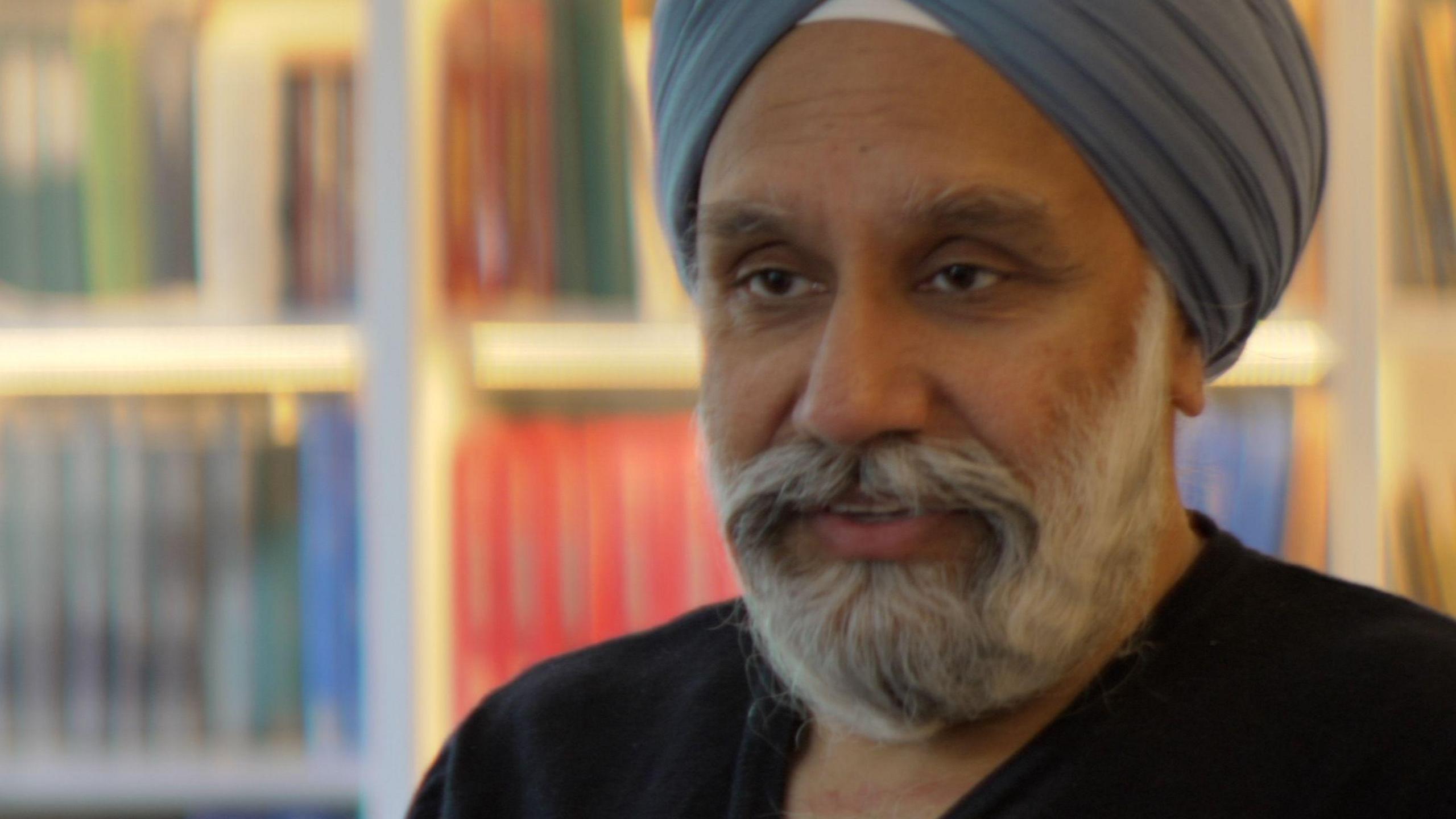
Bhupinder Singh Bhasin has been coming to the gurdwara since he was a child
Bhupinder added: "I think that the message is that we need to come together as a community, no matter which tradition we follow, no matter which colour, which race we belong to, we need to think ourselves as one British community.
"I regard myself as a British Sikh.
"I just wish that we can help educate everyone that we are all equal.
"We live in one community and we need to treat each other fairly and respectfully."
That community spirit is demonstrated in the temple's charitable work.
During Covid around 500 meals a day were delivered to those in need.
"Now we send 1,000 meals a week to foodbanks," added Mr Singh.
While he hopes the government will provide grants, he reflects on recent events and the shared fear felt by his community.
"We're part of the fabric of this society, so why is this happening now?"
Listen to the best of BBC Radio London on Sounds and follow BBC London on Facebook, external, X, external and Instagram, external. Send your story ideas to hello.bbclondon@bbc.co.uk, external
Related topics
Related internet links
- Published15 September
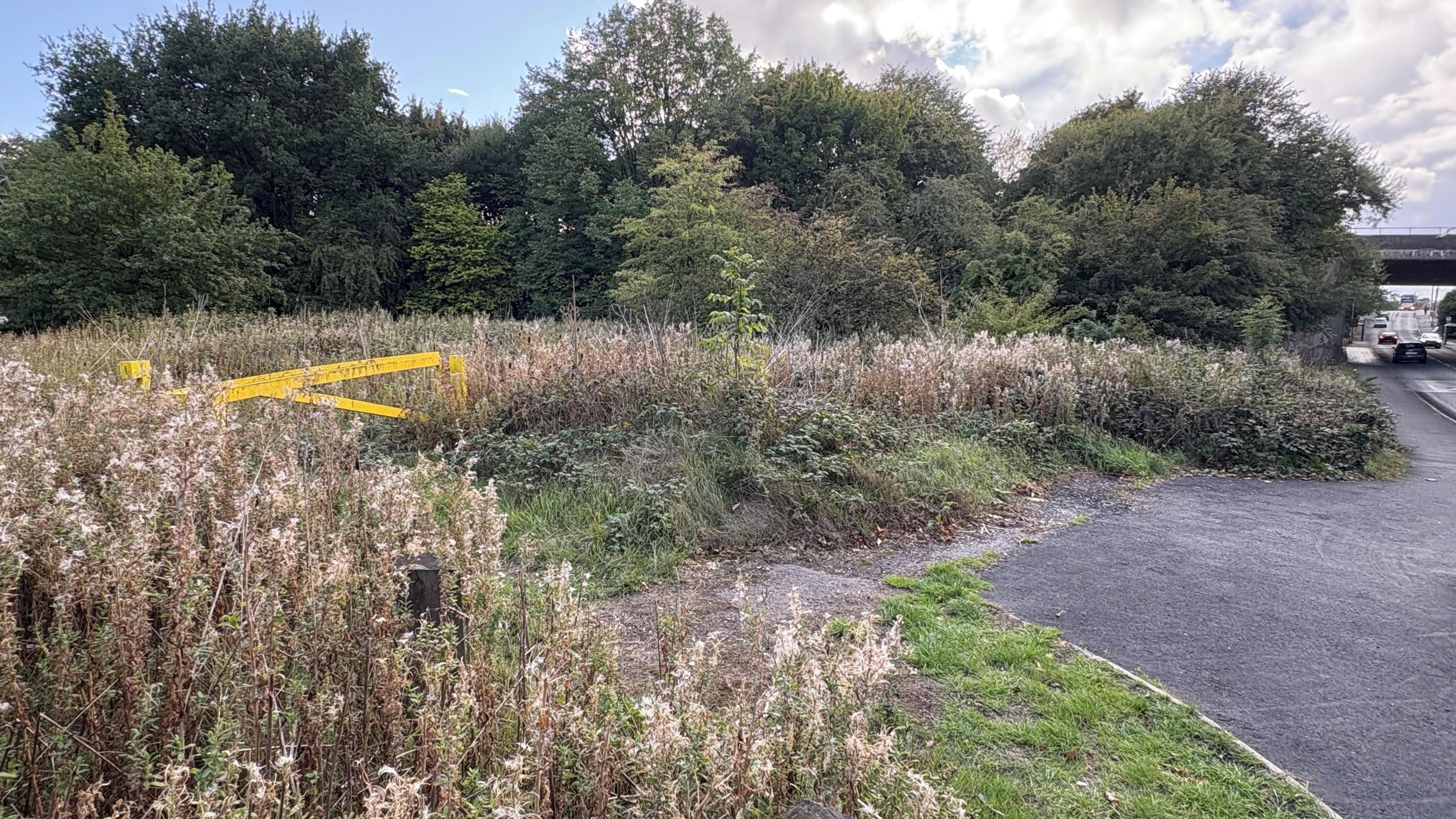
- Published18 September
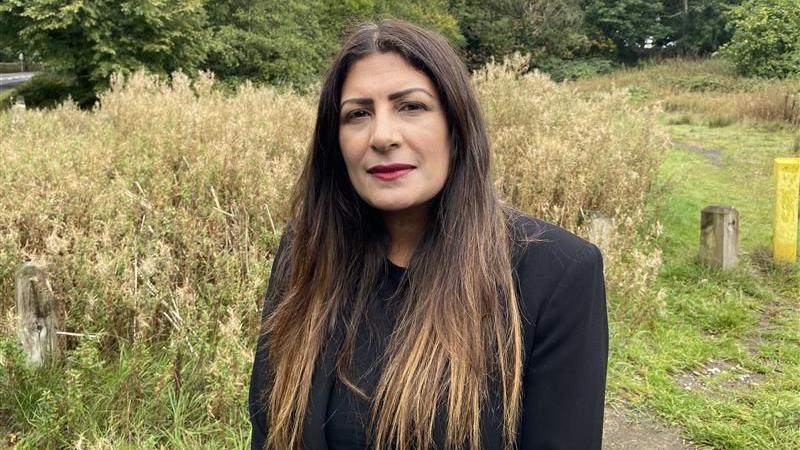
- Published13 April
